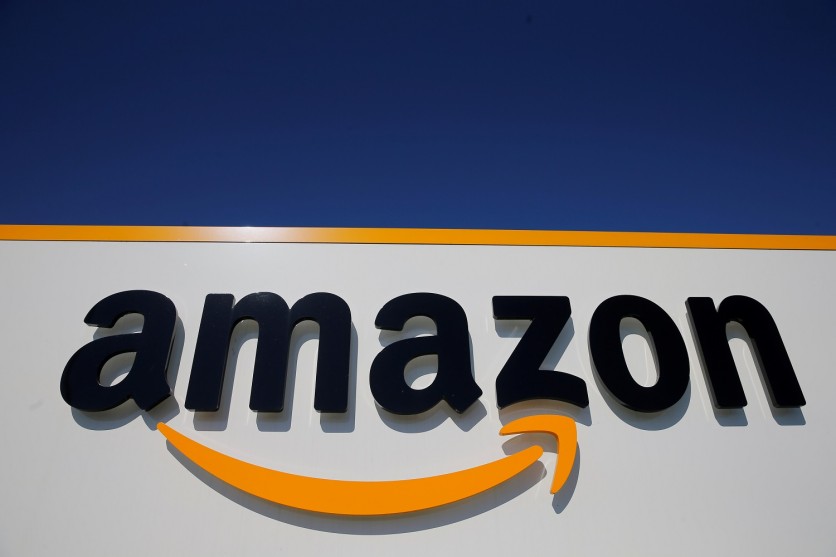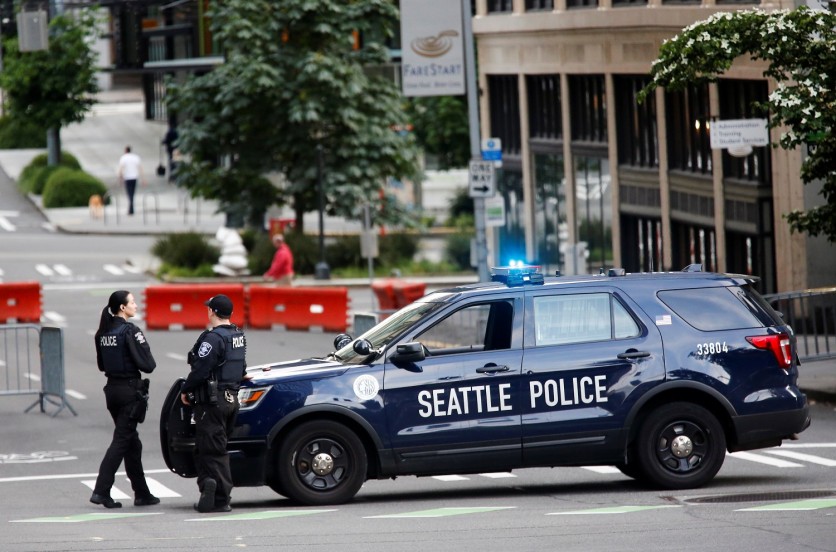Amazon announced on Wednesday, June 10, that it will not allow the police to use its facial recognition software for one year. This is in response to the increasing pressure on tech companies after the death of George Floyd last month.
"We've advocated that governments should put in place stronger regulations to govern the ethical use of facial recognition technology, and in recent days, Congress appears ready to take on this challenge," Amazon said a blog post.
Amazon hoped the moratorium will allow Congress to create and apply appropriate rules on the use of the technology. "[And] we stand ready to help if requested," said the tech company.

Meanwhile, organizations like Thorn, the International Center for Missing and Exploited Children, and Marinus Analytics may continue using Amazon Rekognition in helping human trafficking victims and reuniting families with their missing children.
Rekognition was launched in 2016. In a blog post, it's described as a "service that makes it easy to add image analysis to your applications" and to "detect objects, scenes, and faces in images." Last year, Amazon announced that the technology can also tell whether a person is happy, sad, or terrified using his or her expressions.
Amazon Rekognition for law enforcement
Amazon Web Services sold Rekognition to police departments across the country. The company claims that Rekognition "provides highly accurate facial analysis and facial search capabilities."
It's used by police departments across the country "to detect, analyze, and compare faces for a wide variety of user verification, people counting, and public safety use cases."

However, numerous studies have found bias in the facial recognition software as Black people and those with darker skin have been targeted.
In 2018, the American Civil Liberties Union discovered that the software mistakenly matched 28 members of Congress with arrested criminals. These errors were found among people of color, including six Congressional Black Caucus members.
Also, MIT Media Lab researcher Joy Buolamwini led a study last year that showed the software hardly identifies gender in faces with darker skin and female faces.
Meanwhile, the House Committee on Oversight and Reform already held hearings to examine the use of facial recognition technology. However, Congress has not yet passed any bill regulating the technology.
Rep. Jimmy Gomez, D-Ca., told CNBC he is hopeful Congress will pass a bill this year. He also said Amazon's announcement is a "good first step," although it is still insufficient.
The congressman who serves on the committee said that while the company claims they have been asking Congress to put guardrails on the technology use, "every time we tried to get more and more data they stalled."
Gomez also claimed they have been trying to get more information about the technology and to whom the technology is sold.
The Washington County Sheriff Office in Oregon is the only police department written as a Rekognition customer on the AWS website. The company also did not divulge the total number of police departments using its facial recognition technology.
On Monday, June 8, IBM said it was dropping the facial recognition business. CEO Arvind Krishna asked Congress to enact reforms to advance racial justice and combat systemic racism. On the same day, Democratic lawmakers disclosed a police reform bill they passed.
ⓒ 2025 TECHTIMES.com All rights reserved. Do not reproduce without permission.




